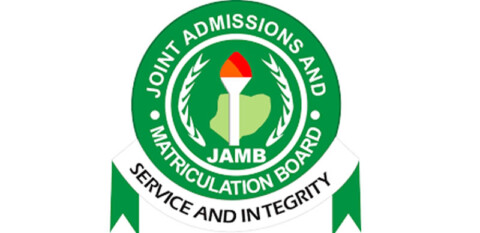Nearly 50,000 international students who were issued study permits for Canada in the spring of 2024 failed to report to their designated colleges and universities, with Nigerian students accounting for a significant portion of the absentee rate.
According to data from Immigration, Refugees, and Citizenship Canada (IRCC), 6.9% of all international students were reported as non-compliant with study permit regulations, with Nigeria’s non-compliance rate standing at 10.7%. Out of 30,920 Nigerian students issued study permits, 3,902 were reported as non-compliant, while an additional 1,675 had their status unreported.
This trend is concerning for Canada’s international student program, which heavily relies on foreign students for revenue and global prestige. Nigeria is not alone in this issue—other countries like Ghana and the Democratic Republic of Congo recorded even higher non-compliance rates of 31.1% and 34.8%, respectively. Meanwhile, India, with nearly 20,000 non-compliant students, also faces challenges with adherence to study permits.
Experts have identified several reasons for the high non-compliance rates. Some students reportedly use Canadian study permits as a gateway to illegally enter the United States, while others remain in Canada to work or seek permanent residency instead of attending their assigned institutions.
“Many non-compliant students likely remain in Canada to work or pursue residency,” explained Henry Lotin, a former federal economist. Winnipeg immigration lawyer David Matas highlighted the role of unregulated foreign agents, stating that these agents often exploit students by helping them obtain study permits without genuine intentions of studying.
In response to this growing issue, Immigration Minister Marc Miller introduced stricter regulations in November 2023, including the suspension of colleges and universities that fail to meet student reporting requirements. IRCC has also implemented enhanced monitoring measures to track non-compliant students and ensure institutions adhere to reporting obligations.
“Canada is aware of the increased exploitation of temporary resident visas, including student permits,” said Renée LeBlanc Proctor, a spokesperson for Minister Miller.
To address the problem, experts have proposed further reforms, including mandatory upfront tuition fee payments for international students to deter misuse of study permits. Matas also suggested limiting the role of foreign agents and requiring students to work with Canadian-regulated consultants.
The discrepancies between IRCC’s reported numbers and Statistics Canada’s estimates further underline the need for improved tracking systems. Statistics Canada estimates that over one million international students hold valid study permits, a figure significantly higher than the 644,349 compliant students reported by IRCC.
As international students contribute billions of dollars to Canada’s economy, stricter policies, better monitoring, and enhanced collaboration between government agencies and educational institutions will be critical to maintaining the integrity of Canada’s international education system.





